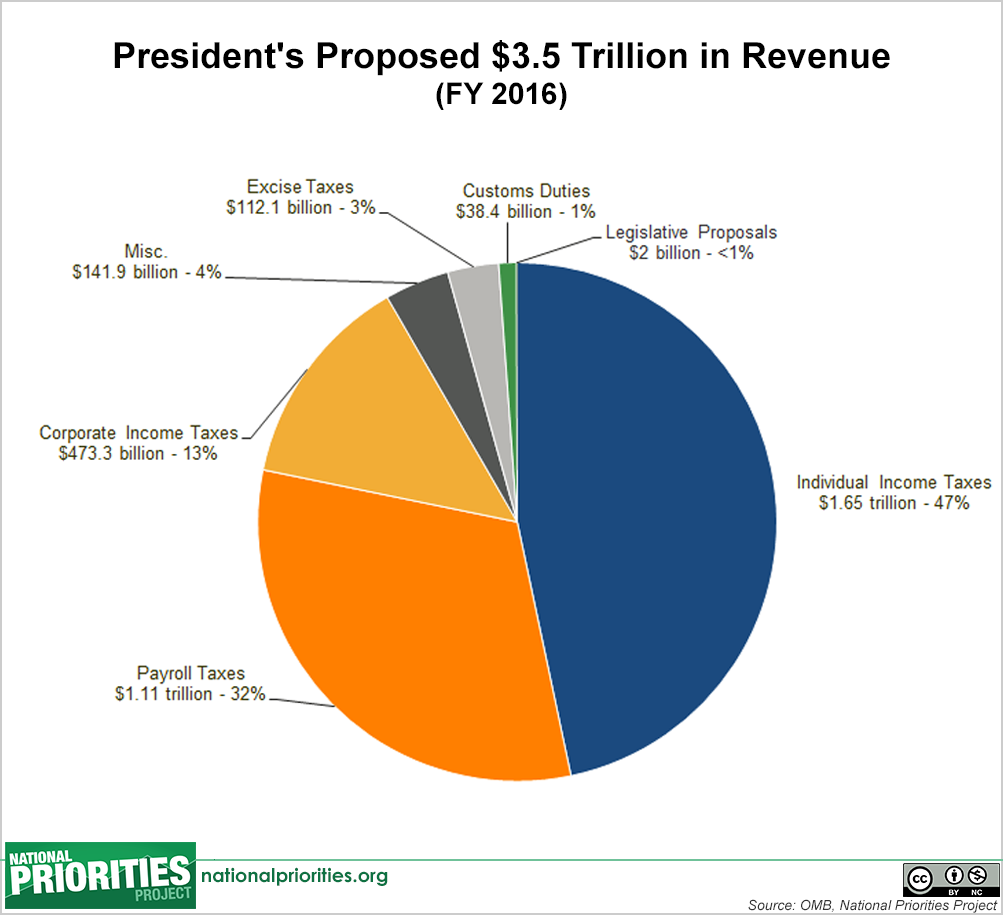Your job: An advisor to President Truman.
The issues:
1. What is the best way to get Japan to surrender without invading?
2. Should we use the atomic bomb to force Japan to surrender? If so, how should it be used?
3. Do we go ahead with the invasion of Japan (overall known as Operation Downfall)? see link for info on Downfall. https://en.wikipedia.org/wiki/Operation_Downfall
Scenario:
America has fought defeated Germany already, getting them to surrender earlier this year in May and Japan is the lone target for all of the Allies.
The Soviet Union has planned to attack Japanese troops in northern China soon, and you are worried about the Soviets' influence in both Asia and Europe after World War 2. They have already begun installing Communist governments in Eastern Europe, in defiance of the Yalta Peace Conference agreement.
Secretary of State James Byrnes feels that using the atomic bomb will send a signal to the Soviets to stop expanding, yet America needs their help to defeat the Japanese in China. America has been given the sole task of invading the mainland islands of Japan.
Another thing to consider is that Japan currently holds tens of thousands of Allied prisoners of war around Asia. What would happen to them if an invasion of Japan occurred? Would they all be massacred by the soldiers watching them?
One more thing to consider is Admiral Leahy's recommendation: Don't use the bomb but stop all shipping to the island, essentially quarantine Japan, and wait them out until they surrender. The Japanese may not surrender until they know that their emperor is safe because they see him as a god on Earth.
Intelligence sources are picking up information that some Japanese officials have contacted the Soviet Union about possible surrender, but nothing official has been announced. The Soviets may or may not cooperate with us in reaching a surrender agreement.
As of now, Operation Olympic (phase 1 of Downfall) is planned for the invasion to take place on November 1 later this year. Because of the heavy defenses on the mainland of Kyushu, the Army Chief of Staff is predicting 450,000 casualties, including 100,000 dead just within 90 days. That total is significantly greater than any single battle we have ever seen in American history.

In order for Operation Downfall to work, Olympic must be successful, so that we can launch Operation Coronet (phase 2 of Downfall) in March 1946 which would invade the main island of Honshu close to Tokyo.
We have to consider the possibility that the Japanese may not surrender after dropping the two atomic bombs and that we will have to go through with Operation Downfall. The big question is, the Japanese are weary of war as we are, especially since they've been fighting it since 1937, so would they surrender after being hit with the most destructive bomb in the history of mankind?
In your response (answer #1 and #2 or #3),
1. Consider the options listed above - which options seem most likely to get the Japanese to surrender? Why?
2. If you recommend that President Truman use the bomb(s), how do we use it? What is your rationale?
3. If you recommend that President Truman go ahead with the invasion, what would be the impact on America from such horrific casualties?
300 words minimum. Due Monday, December 17th by class.
 The biggest portion comes (47%) comes from income taxes. Another portion comes from payroll taxes (32%) and then corporate taxes are the third biggest chunk (13%) as of fiscal year 2016.
The biggest portion comes (47%) comes from income taxes. Another portion comes from payroll taxes (32%) and then corporate taxes are the third biggest chunk (13%) as of fiscal year 2016.  1/3 of the budget goes to programs like Social Security and unemployment (not sure what labor means in this graph). 27% goes to pay for Medicare and other federal health programs. 16% of our total budget goes towards military spending, and 6% of the budget just goes to pay for the interest on the national debt (which is currently $21 trillion and growing - see National Debt link below). That's like paying the minimum amount due on a credit card without paying the balance off.
1/3 of the budget goes to programs like Social Security and unemployment (not sure what labor means in this graph). 27% goes to pay for Medicare and other federal health programs. 16% of our total budget goes towards military spending, and 6% of the budget just goes to pay for the interest on the national debt (which is currently $21 trillion and growing - see National Debt link below). That's like paying the minimum amount due on a credit card without paying the balance off. 